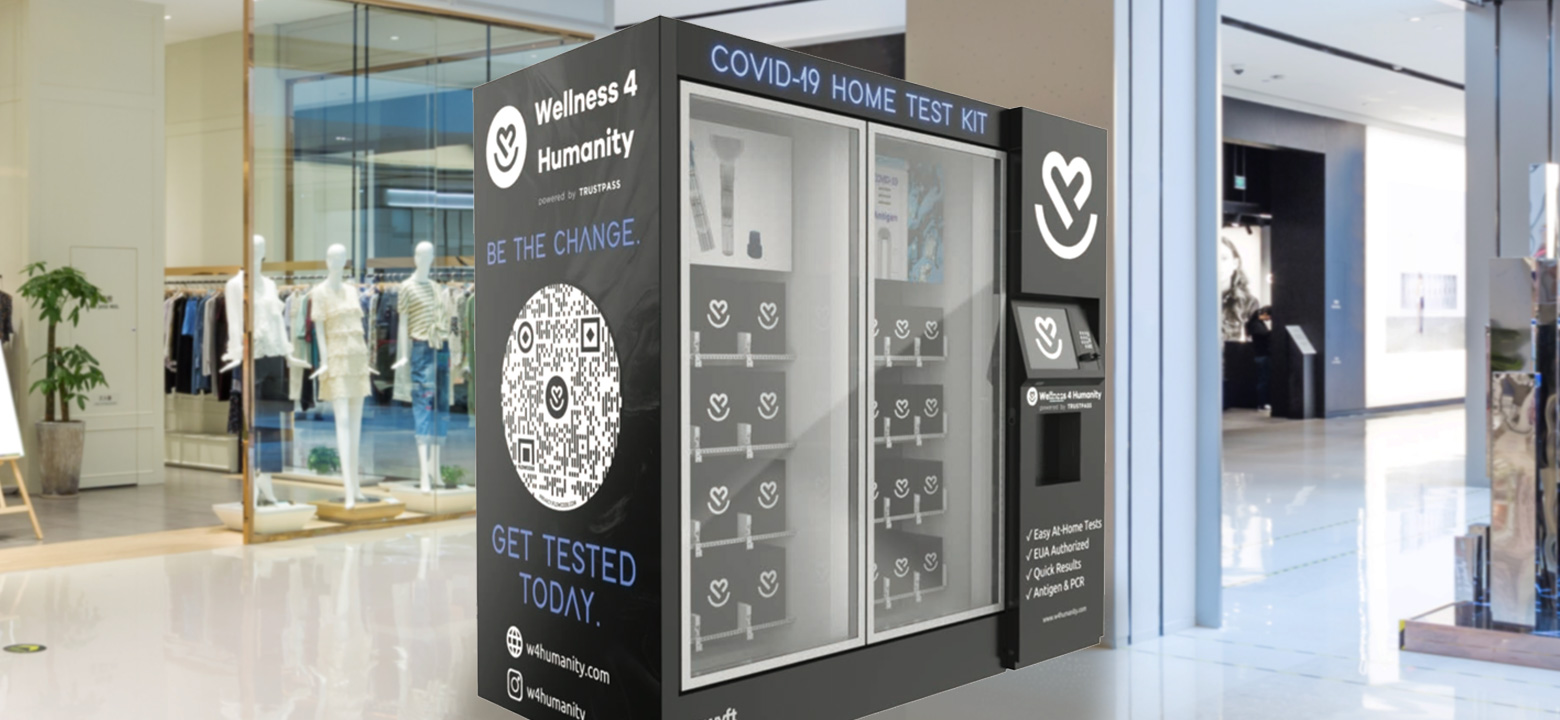
The novel coronavirus pandemic has exposed numerous weaknesses in infrastructure and supply chains, especially within the medical industry. As healthcare providers scrambled to get enough protective equipment and COVID tests, some areas have turned to an unexpected solution: vending machines.
Before discussing the logistics of COVID testing, it's important to recognize that there are two different types of tests involved. Molecular assay tests detect the presence of viral DNA or RNA. A specific type of molecular assay called a polymerase chain reaction (PCR) test is used to confirm whether the novel coronavirus is present in the body. Immunoassays, or serological tests, detect the presence of antibodies or antigens.
Rapid tests offered at point-of-care facilities detect viral antigens and are most accurate in people who are exhibiting symptoms. While they can yield fast results (sometimes in as little as 15 minutes), they aren't as accurate as a lab-based test. Molecular assays take longer, but are less prone to false negatives and can yield accurate results regardless of whether the patient is symptomatic or not.
Testing for the SARS-CoV-2 virus is a critical part of controlling the spread, but it's been fraught with issues virtually every step of the way. For one, supply chain problems led to a shortage of testing materials—especially those needed for the PCR tests used to confirm active COVID-19 infections. Limited numbers of testing sites led to very long wait times, which meant that the people who needed to be tested the most—healthcare workers, grocery workers, and other essential employees—went untested. The sample collection process is also generally unpleasant, which led to numerous people avoiding the tests altogether. Added up, these factors hamper the ability to accurately and efficiently test for and control the spread of the virus.
Strange as it may sound, vending machines are an ideal way to dispense COVID tests. They don't involve human contact, so healthcare workers aren't placed at risk, and users can pick up tests at their leisure, so wait times aren't an issue. The tests themselves are a simple saliva test, so they're easy for someone with no sample collection experience to use. They also don't require any swabs or other specialized equipment, so they aren't contributing to shortages of medical supplies.
Wellness 4 Humanity, the company behind the machines, has simplified and streamlined the testing process. Users go to the vending machine, pay about $150 for the test and a pre-printed shipping label, and take it home. After collecting the saliva, they mail it to one of the laboratories partnered with the vendor, and wait about two days for a text or email with the results. It's fast and easy.
The test itself is a PCR test, so it can detect viral genetic material during active COVID infections regardless if the user is symptomatic or not. PCR tests are held as the gold standard of coronavirus detection.
Some people might be understandably skeptical about at-home tests for the novel coronavirus, but the science is solid. In a research letter titled “Saliva Alternative to Upper Respiratory Swabs for SARS-CoV-2 Diagnosis,” published on the CDC's website, researchers found that saliva sampling was a suitable, noninvasive alternative to nasal swabbing. The Royal Liverpool University and Aintree University Hospitals collected nasal and throat swabs from volunteers, as well as a saliva sample. Overall, they found minimal discrepancies between positive swabs and saliva samples. As long as the samples are shipped quickly, handled properly, and tested promptly, they are just as good for detecting viral genes as nose and throat swabs.
In New York, a former Lane Bryant storefront is hosting the at-home test vending machines. Located at at 225 W. 34th Sreet, the building is open from 8 AM to 6PM. The machines can also be found at the University of California in San Diego, and the Oakland International Airport. Wellness 4 Humanity plans to install the vending machines in other cities, including Dallas, Boston, San Francisco, and Los Angeles.
Testing for the SARS-CoV-2 virus is a critical part of guiding quarantines, social distancing, and reopening strategies, but, for many people, there are significant obstacles to getting tested. Wellness 4 Humanity's innovative vending machines and at-home saliva tests may provide a way for more people to get tested, all while minimizing risk to healthcare workers and reducing the need for critical testing supplies.